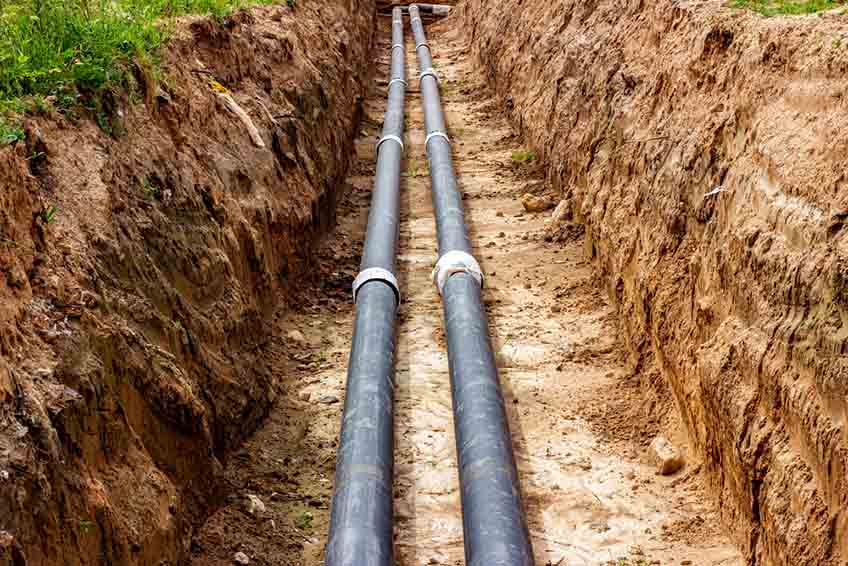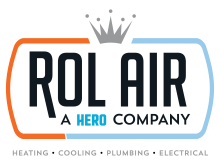
Community drains and sewers are essential in managing stormwater and wastewater. Any plumber in Princeton, MN, will attest that it is essential for clients to understand how they work. This way, they can understand when issues in their premises result from the community lines before calling for sewer drain repairs.
Below is a quick look at how community drains and sewer lines work.
Wastewater Collection
This is the first step where wastewater comes from plumbing systems–be it regular or emergency plumbing situations–through underground pipes. There is also a network of storm drains that collect surface runoff and rainwater from sidewalks, streets, and other surfaces. Some places have dual systems, while others have combined systems.
Dual systems allow for the separation of stormwater and wastewater, where stormwater goes to storm drains and wastewater to sanitary sewers. Sometimes, the stormwater is released into nearby water bodies or retention ponds to manage flooding. On the other hand, combined systems carry both in the same pipes.
Transportation To Treatment Facilities
Sewer systems, much like home plumbing systems, operate primarily using gravity. Many places have wastewater treatment plants in low-lying areas to help the gravity. However, some places with challenging topography might have pumps or lift stations. Wastewater treatment plants purify and treat the wastewater before releasing it into the environment.
Treatment
Primary treatment – This process works like a septic tank, separating solids from liquid waste. It can use processes like sedimentation or screening.
Secondary treatment – This step uses biological processes (bacteria) to remove organic nutrients and materials.
Tertiary treatment – This last stage uses chemicals to eliminate nitrogen and phosphorous from the water. There might also be filter beds and chlorine treatment to kill the remaining bacteria.
Effluent Discharge or Reuse
Effluent is treated wastewater usually discharged into water bodies or the ground. There is also reclaimed treated water that is useful in non-potable uses like industrial processes or irrigation. Regular inspection and maintenance on community drains and sewers helps professionals identify leaks, structural damage, or blocks. That way, they know when to conduct effective plumbing repairs.
Rol Air Plumbing & Heating is a premier plumbing company that values clients and the relationships we create. We offer timely and affordable installations, repairs, or replacements, and we invest in client education. Get reliable answers and schedule our services. Contact us today to schedule an appointment!
Looking to keep your home healthy and save money? Check out the Rol Air Total Home Care 365!


